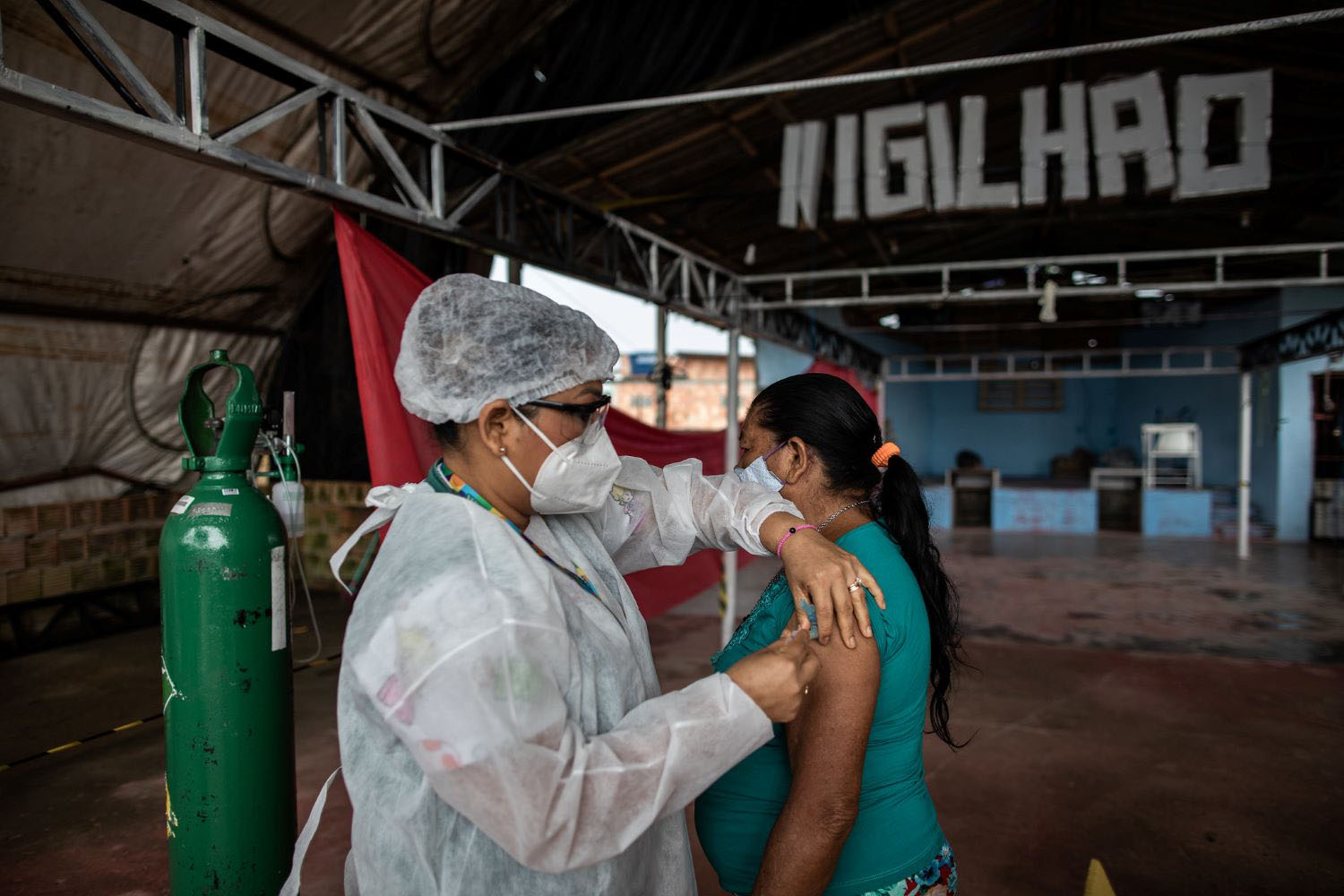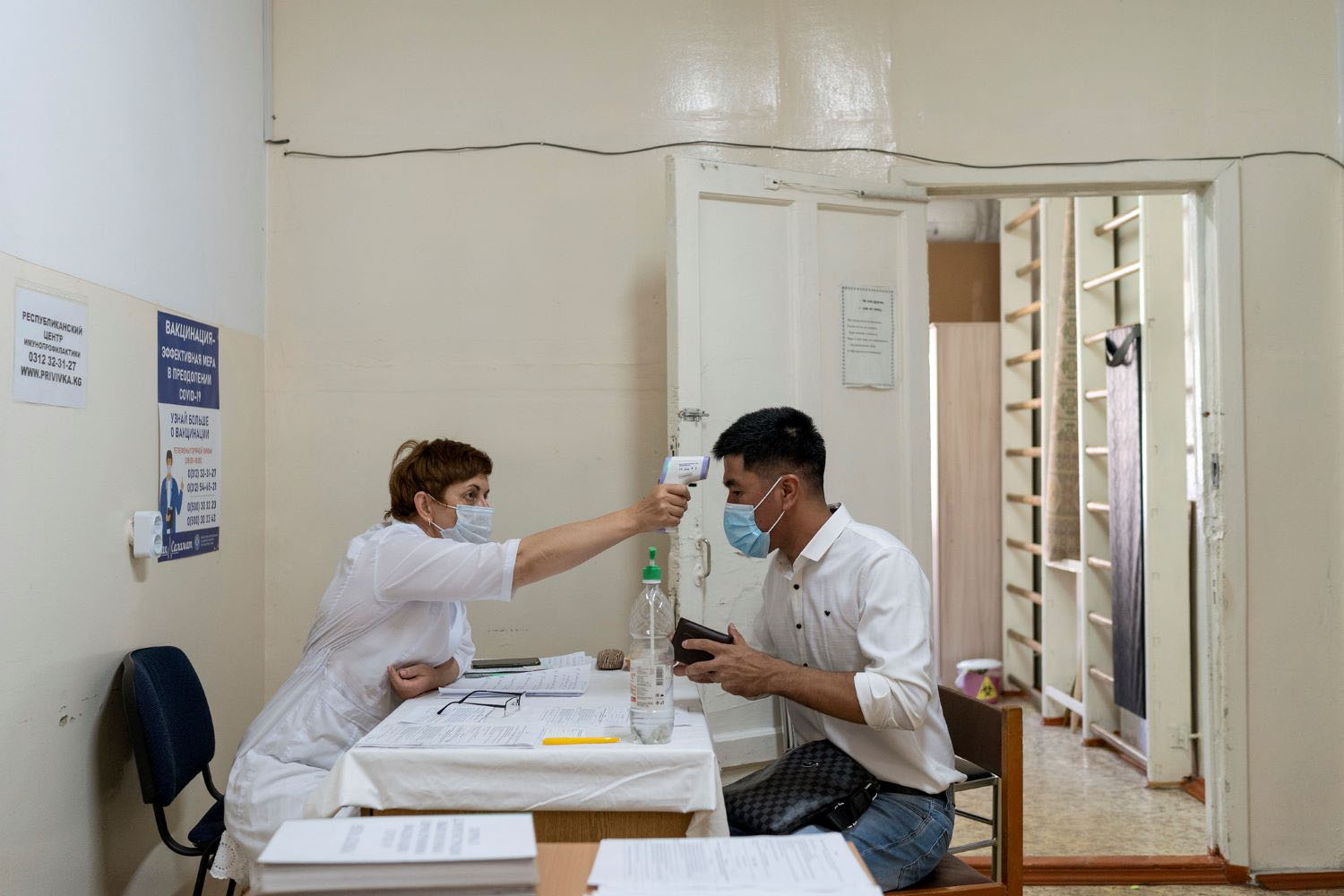Today's New York Times (free registration required) discusses whether the lesson of the campaign to eradicate polio is that it is more effective to control than to try to eradicate diseases:
Today the struggling drive against polio has raised new questions about whether eradication of any disease is achievable, and, if so, whether the cost in terms of effort and dollars would be worth it, given all the other diseases that need attention.The latest push began in 1993, when the International Task Force for Disease Eradication, a panel of experts, was convened in Atlanta by the Centers for Disease Control and Prevention, Emory University and the Carter Center. The experts reviewed 95 diseases and identified a handful they believed could be wiped out in a generation or less. Ancient scourges largely forgotten in rich countries, many of these diseases continue to cause misery and drain resources in the developing world, despite the existence of cures and vaccines.Yet none have been driven into extinction, inflaming the debate over whether simple control was a more reasonable goal that would allow donors and health professionals to spread their resources to greater benefit for greater numbers.
Owen comments The eradication of smallpox cost a few hundred million dollars. The US recovers its contribution - in vaccinations that it no longer has to give, health care it no longer has to provide - every 26 days. If it is scientifically possible, there is clearly both political and economic attraction to seeking eradication. The basic reproduction ratio (R0) for measles is much higher than for smallpox or polio, which is a way of saying that it spreads easily. so you would need to reach many more children in the population with vaccination to have a high chance of eradicating the disease. Given that the donor community has had the utmost difficulty finding either the resources or the political will to eradicate polio, it seems unlikely that we could summon what it takes to eradicate measles. The measles vaccination campaign has been a
huge success, reducing deaths by a half over six years. It may be better to continue the important, but less politically sexy, work of expanding the coverage of measles vaccines to continue to bring down these avoidable deaths, and register a success for international cooperation in global health, than to set ourselves a target that we may well fail to achieve, and so chalk up a failure.
CGD blog posts reflect the views of the authors, drawing on prior research and experience in their areas of expertise.
CGD is a nonpartisan, independent organization and does not take institutional positions.





